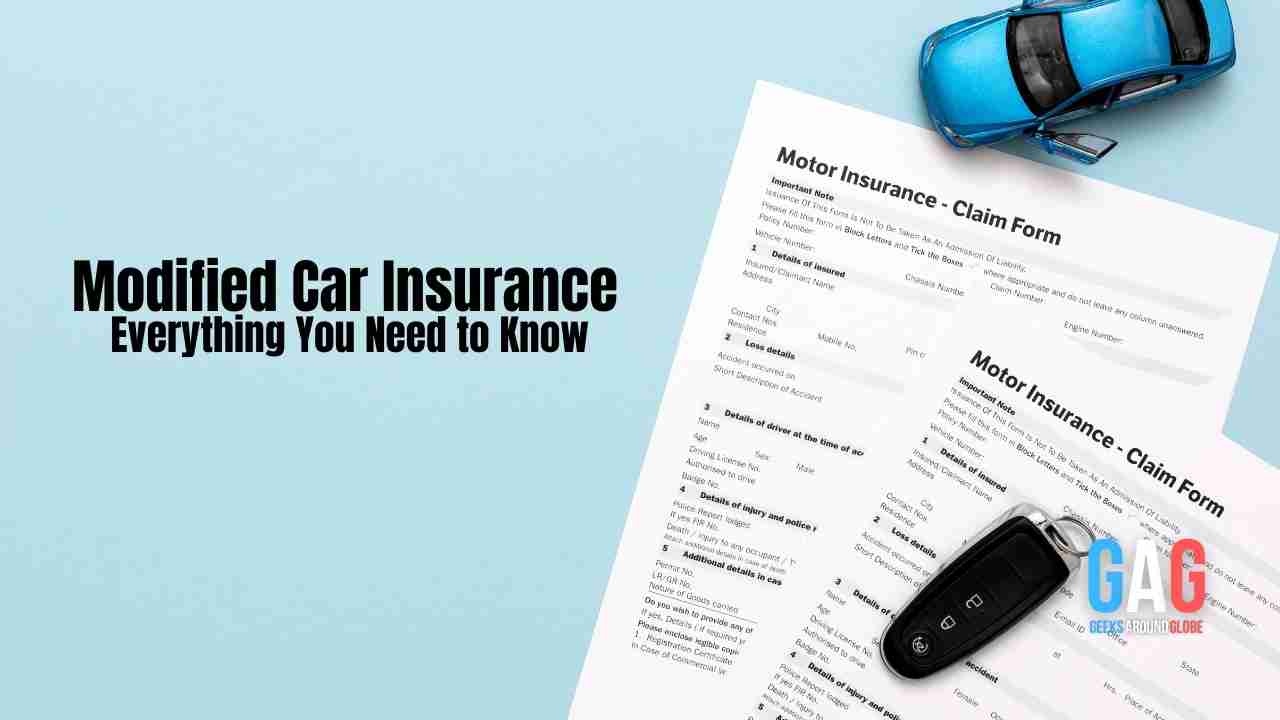- 1. What to Do When You Need Quick Financial Assistance
- 2. Assessing the Urgency of Your Financial Need
- 3. Traditional Personal Loans from Banks and Credit Unions
- 4. Credit Card Cash Advances
- 5. Home Equity Line of Credit (HELOC)
- 6. Loans from Retirement Accounts like 401(k)s
- 7. Digital Lenders and Peer-to-Peer Borrowing
- 8. Fast Loans
- 9. Securing Emergency Loans
- 10. Credit Score and Qualification
- 11. Utilizing Local Community Support
- 12. The Significance of a Financial Cushion
- 13. Exploring Government Assistance Programs
- 14. Leveraging Financial Counseling Services
What to Do When You Need Quick Financial Assistance
During financial hardships, unforeseen costs can lead to a sense of being swamped. Crisis situations such as medical emergencies, vehicle breakdowns, or other pressing matters can make emergency loans a vital support. This article delves into the multiple avenues to secure rapid financial relief when faced with an unanticipated monetary strain.
Assessing the Urgency of Your Financial Need
Before diving into the world of emergency loans, it’s essential to assess the urgency of your financial need. Determine whether the situation requires immediate attention or if you have some time to explore alternative financial solutions, like cutting expenses or seeking assistance from friends and family. This evaluation will help you choose the most suitable emergency loan option.
Traditional Personal Loans from Banks and Credit Unions
Traditional personal loans from established financial institutions like banks and credit unions can provide a reliable source of emergency funding. These loans typically offer reasonable interest rates and flexible repayment terms. However, the application and approval process may take several days, which may not be suitable for extremely urgent financial needs.
Credit Card Cash Advances
If you have an active credit card, you can access a cash advance. This allows you to withdraw a portion of your credit limit as cash, providing immediate funds. It’s crucial to remember that cash advances on credit cards typically have higher interest rates and charges than standard credit card transactions. Moreover, interest starts accumulating from the moment you withdraw, so it’s essential to pay back the cash advance as soon as possible to minimize expenses.
Home Equity Line of Credit (HELOC)
A home equity line of credit (HELOC) serves as an exceptional resource for emergency funds, especially for homeowners. A HELOC is a flexible line of credit that permits you to borrow against your home’s equity. Interest rates are usually lower than those on credit cards, and you only incur interest on the sum you utilize. Nonetheless, putting your home up as collateral implies that failing to repay a HELOC could lead to foreclosure.
Loans from Retirement Accounts like 401(k)s
Certain retirement plans, such as 401(k)s, provide the facility to draw from your savings during financial hardships. These loans generally come with lower interest rates compared to other alternatives, and you’re essentially borrowing from yourself. Nonetheless, specific regulations and limitations apply to retirement account loans, and failure to reimburse the borrowed sum might result in tax implications.
Digital Lenders and Peer-to-Peer Borrowing
The emergence of online lending platforms and peer-to-peer borrowing has simplified the process of obtaining emergency loans for individuals. Internet lenders present multiple loan choices with diverse terms and interest rates, which necessitates a comparison of offers to determine the ideal one for your situation. Peer-to-peer lending platforms establish direct connections between borrowers and independent investors, potentially delivering more adaptable terms.
Fast Loans
Payday loans are a type of short-term, high-interest loan designed to provide quick cash in emergency situations. These loans are typically small and have a short repayment period, often due on the borrower’s next payday. Payday loans offer speed and accessibility, which can really be beneficial in a pinch. Often times they are very accessible and can be accessed without credit checks.
Securing Emergency Loans
In the process of obtaining an emergency loan, thorough preparation is vital. This encompasses comprehending the loan conditions, interest rates, charges, and the repayment timeline. It is crucial to have a proper repayment strategy to prevent additional financial strain. It is also wise to investigate numerous lenders and loan alternatives to obtain the best possible terms.
Credit Score and Qualification
A majority of emergency loan providers take your credit score into account when deciding your eligibility and the interest rate you will receive. Sustaining a positive credit score can enhance your odds of getting advantageous loan conditions during urgent situations. Nonetheless, some lenders are specialized in providing loans to individuals with below-average credit scores, making it essential to consider these options as well.
Utilizing Local Community Support
In certain situations, community-based organizations and non-profit agencies might offer financial aid or low-interest crisis loans to people encountering tough times. These resources can be especially beneficial when facing distinct financial difficulties, such as health emergencies or natural catastrophes. Investigate the local community supports and resources that could be accessible to you.
The Significance of a Financial Cushion
Emergency loans can play an important role in addressing unforeseen financial hardships, but it’s just as crucial to build a financial cushion. By setting up an emergency fund and making even small contributions, you can be better prepared for unpredictable financial challenges without dependence on loans. A financial cushion offers a sense of stability and diminishes the stress related to emergency scenarios.
Exploring Government Assistance Programs
In times of significant financial distress, individuals and families may be eligible for government assistance programs. These programs can provide a safety net for those facing challenging circumstances, such as job loss, disability, or natural disasters. Depending on your situation, you may qualify for unemployment benefits, food assistance, housing support, or other forms of aid. Researching and applying for these programs can help alleviate financial stress during emergencies and provide a more sustainable solution than high-interest loans.
Leveraging Financial Counseling Services
Financial counseling services can be an invaluable resource when dealing with financial emergencies. Professional financial counselors can assess your financial situation, provide guidance on budgeting, debt management, and financial planning, and help you explore the best course of action for your specific needs. These services are often available through nonprofit organizations and can empower you to make informed decisions during challenging times, ultimately reducing the likelihood of future financial crises.
Incorporating these strategies, along with the previously discussed options, can help individuals and families effectively navigate financial emergencies. By considering government assistance programs, seeking the support of financial counseling services, and maintaining a well-planned financial safety net, you can build resilience and preparedness for future unforeseen financial challenges while minimizing the need for emergency loans.






